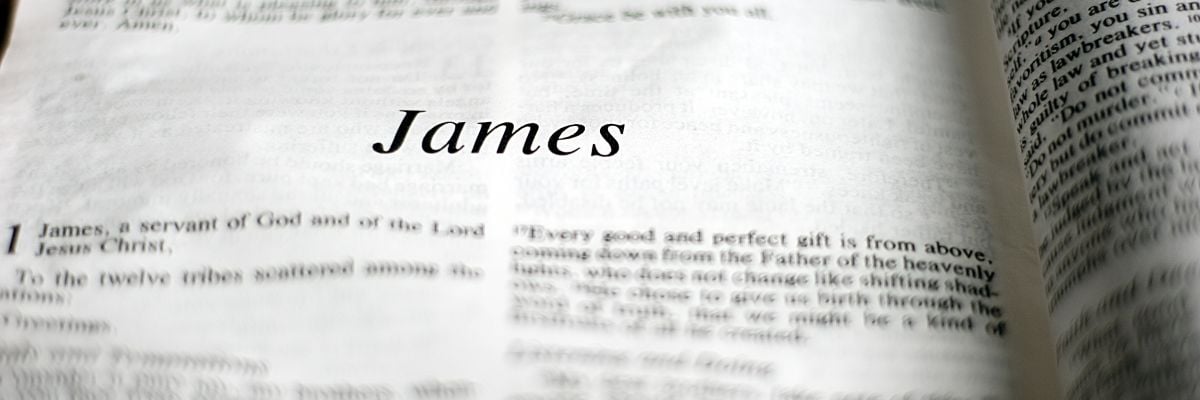
DAY 274
CHALLENGE
“Catholics misunderstand James 2. When James talks about faith, he’s referring to dead faith, and when he talks about justification, he’s referring to justification before men.”
DEFENSE
This isn’t supported by a careful reading of James 2.
James says “faith apart from works is dead” (James 2:26), but it does not follow from this that he is talking about “dead faith.” Read the passage and substitute the phrase “dead faith” where James says “faith.” This will result in absurdities. Thus James 2:18b would read, “I by my works will show you my dead faith,” and 2:22a would read, “You see that dead faith was active along with his works.”
James doesn’t see anything wrong with the faith he is discussing. It’s just limited to intellectual assent (the kind of belief in God even demons have; see below). What makes that intellectual assent alive or dead, he says, is whether it is accompanied by works.
Further, James isn’t referring to “justification before men.” This phrase is understood to mean an outward demonstration of justification before God, the thought being that if you are right with God, it will manifest in actions men can see and know of your justification before God.
It’s true that those who are justified before God will naturally per- form visible good works (Eph. 2:10), but we can’t limit the justification James is talking about to “justification before men.” This phrase doesn’t appear in the text, which indicates James has justification before God in mind. Thus he begins by asking, “What does it profit, my brethren, if a man says he has faith but has not works? Can his faith save him?” (James 2:14).
The reference to salvation indicates he’s concerned with justification before God. That’s the context in which he says, “So faith by itself, if it has no works, is dead” (James 2:17), meaning dead before God, not merely before men.
James similarly raises the issue of eternal salvation when he notes, “Even the demons believe—and shudder” at the prospect of God’s wrath (James 2:19). By implication, if the audience has only the intellectual belief that demons do, then they, too, will not be saved. James thus once more indicates justification before God is under discussion.
TIP
For more on the interpretation of this passage, see Day 222.



